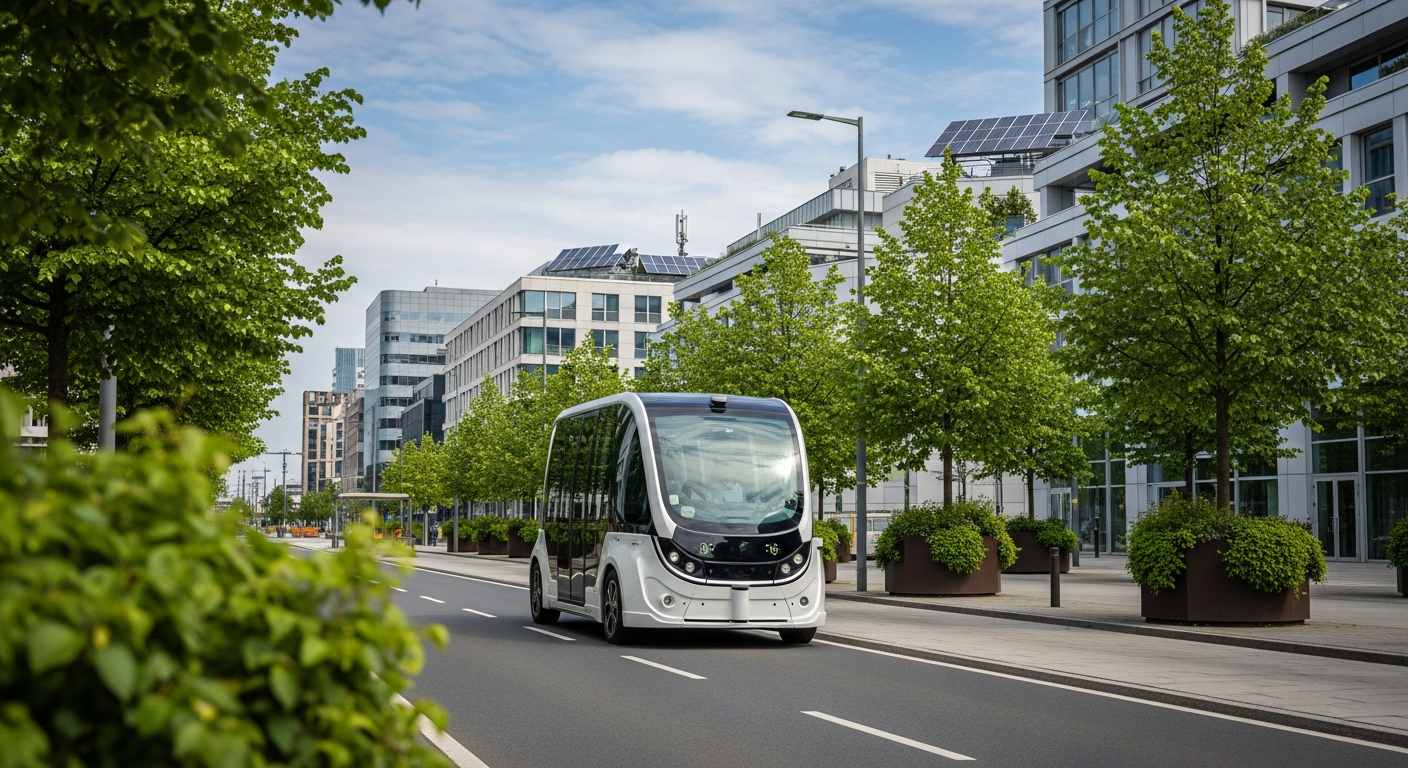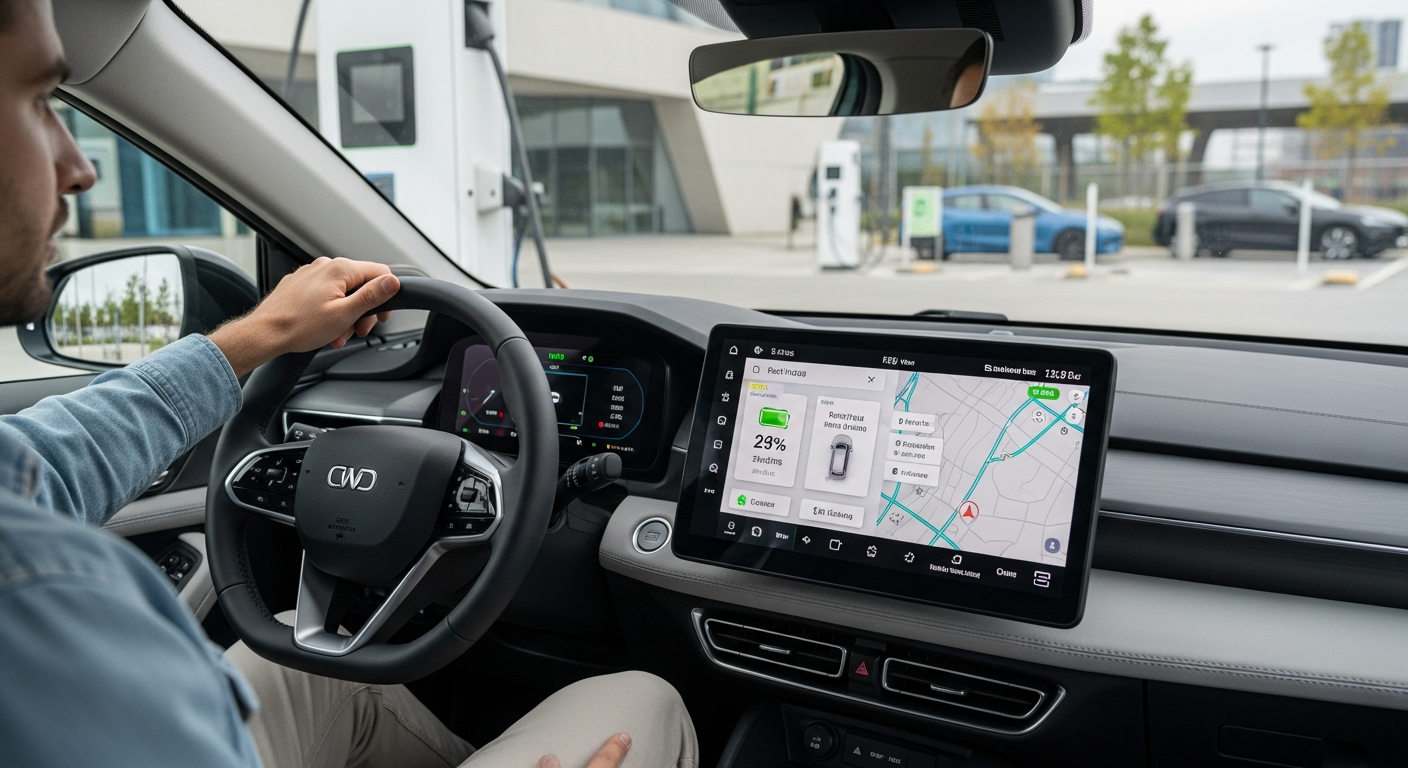"Riding the Wave of Hydrogen Fuel Cell Technology in Cars"
The automotive industry is on the brink of a new era, one where the traditional internal combustion engine is being replaced by more sustainable alternatives. One such alternative that is gaining traction is hydrogen fuel cell technology. This article delves into the history, current trends, and future implications of this revolutionary technology.

A Journey Through Time: The Genesis of Hydrogen Fuel Cells
The concept of hydrogen fuel cells isn’t new. It dates back to the 19th century when British scientist Sir William Grove discovered the principle of reverse electrolysis. However, it wasn’t until the 1960s that this technology found its first practical application in NASA’s space missions. The automotive industry began exploring this technology in the late 20th century, with several car manufacturers launching experimental models.
The Present Scenario: Hydrogen Fuel Cells in Today’s Automotive Landscape
Fast forward to the present day, and hydrogen fuel cells are slowly but surely making their way into the mainstream automotive market. Companies like Toyota, Honda, and Hyundai have already launched cars powered by this technology. These vehicles offer a range comparable to conventional cars and can be refueled in a matter of minutes, unlike electric vehicles that require hours to recharge.
The Mechanics Behind the Magic: How Hydrogen Fuel Cells Work
Hydrogen fuel cells work by converting chemical energy into electrical energy. Hydrogen gas is fed into the fuel cell, where it reacts with oxygen to produce electricity, heat, and water—the only byproduct. This makes hydrogen fuel cell vehicles (FCVs) an environmentally friendly alternative to traditional cars.
The Road Ahead: Challenges and Opportunities
Despite the advantages, hydrogen fuel cells face several challenges. The lack of a robust hydrogen infrastructure and the high cost of hydrogen compared to gasoline are significant hurdles. However, advancements in technology and increased government support are expected to overcome these challenges in the future.
The Final Verdict: Are Hydrogen Fuel Cell Cars the Future?
While it’s too early to say if hydrogen fuel cell cars will dominate the future automotive landscape, they certainly hold promise. As the world moves towards cleaner and more sustainable energy sources, hydrogen, being the most abundant element in the universe, could play a pivotal role in this transition.
In conclusion, hydrogen fuel cell technology is a fascinating development in the automotive industry. It offers a sustainable alternative to traditional cars, with the potential to revolutionize the way we drive. As the technology matures and becomes more accessible, we may well be on the cusp of a new era in automotive history.






